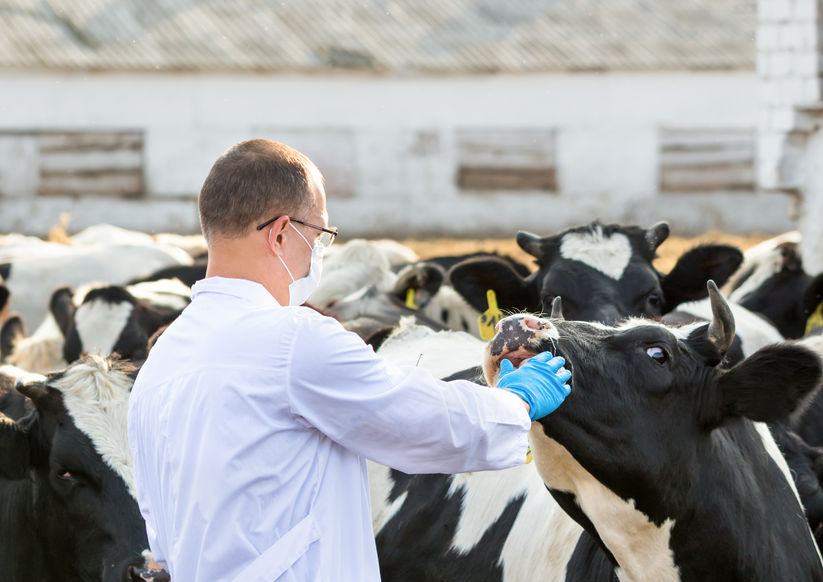
The government has been urged to modernise animal health and disease monitoring in the UK to make it fit for the future.
After a year of evidence gathering and analysis, the British Veterinary Association (BVA) has set out its vision for animal health and disease monitoring.
The group is calling on government to modernise and enhance the current surveillance networks.
The BVA surveillance working group has collected evidence from animal health and disease monitoring experts across different areas, including livestock, and surveyed 655 vets to explore how the profession values and engages with surveillance.
In recent years, the BVA has repeatedly voiced members’ opposition to any further reduction in the surveillance network in the UK.
The new position expands on this by suggesting new opportunities to modernise and optimise the existing surveillance network.
This can be achieved by adopting new approaches to data collection and feedback, and rethinking traditional approaches to funding and coordination, the group says.
'New approaches'
John Fishwick, President of the British Veterinary Association, said it is not just about protecting the resources currently spent on the existing system, but thinking with innovation about new approaches to disease surveillance.
“This means ensuring we are using all the available data and evidence to protect both large and small animals in the UK from new, emerging and endemic disease,” he said.
Chair of the BVA surveillance working group, Kate Sharpe, added: “The profession’s commitment to the role of the veterinary surgeon as a public guardian across all species enables the continual monitoring for endemic disease and by recognising the unusual, helps to identify new and emerging threats that need further investigation.
“But the success of our surveillance networks relies on people and relationships within them, as well as a sound knowledge of when, what, how and who to report to.
Ms Sharpe said: “With this in mind, the BVA position paper aims to identify areas in current Government surveillance networks that could be improved, and how vets can derive increased value by contributing to animal health and disease monitoring activities and using the reports generated.”
